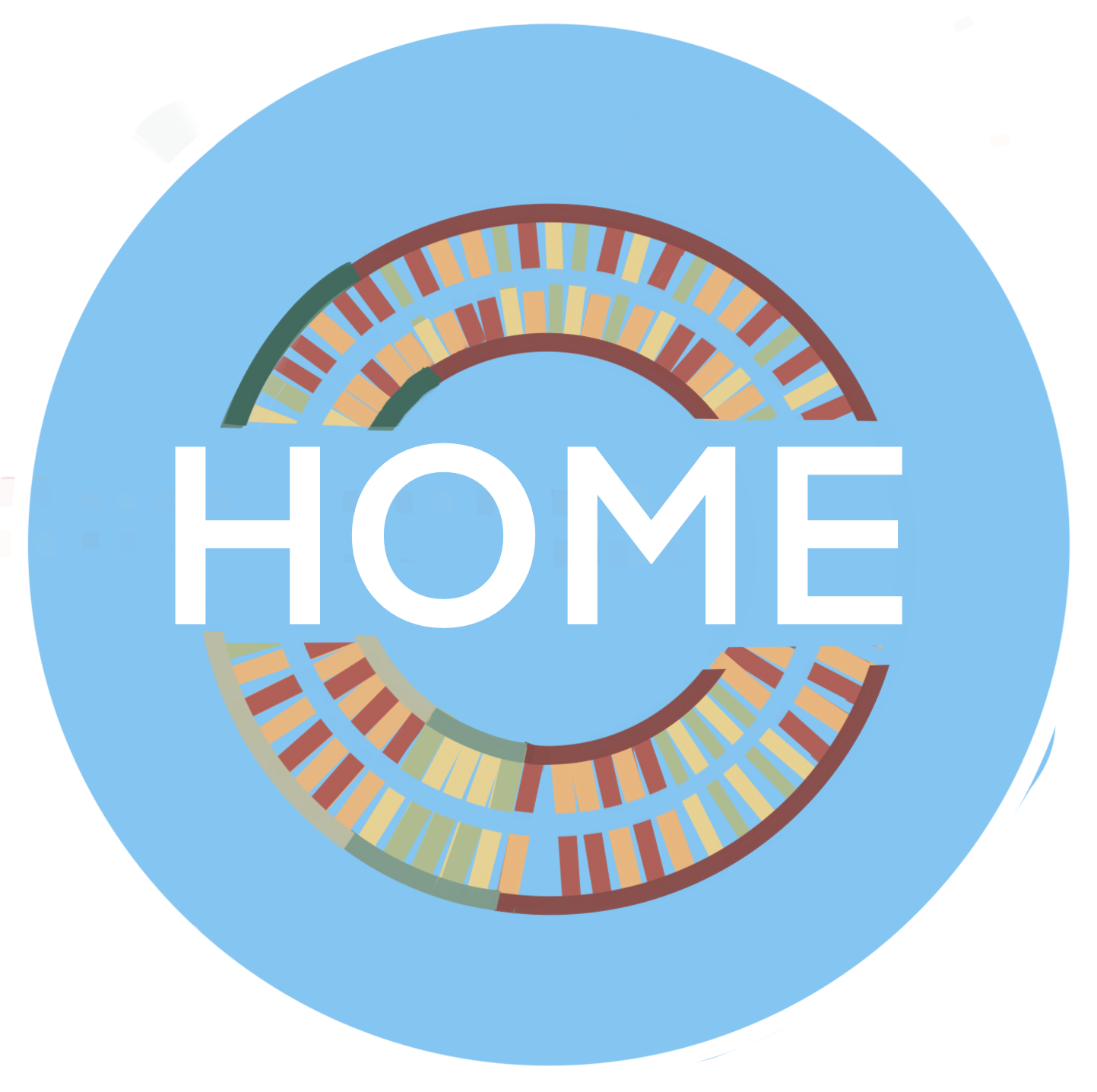Education
Background
As the team OUC-China from our school wrote in their wiki last year, China is also a country with unbalanced regional development, and the problem of uneven distribution of educational resources is very obvious. What's more, constrained by long-term narrow thinking, people are more willing to accept something that seems to be more economical, while ignoring some basic science learning, especially subjects such as biology, which do not bring obvious direct benefits. However, as iGEMers, who are committed to promoting the development of synthetic biology, we are bound to see great economic benefits from the development of life sciences, such as the industrial transformation of some synthetic biology projects.
This is the first year for our team to participate in iGEM competition. Although all eight of us have a strong sense of social responsibility, our knowledge of the competition and synthetic biology is not enough to support us to carry out large-scale scientific education activities. According to the results of our survey (see here(Results)), we found that people's understanding of the content of our project is still very poor, so we carried out educational activities within our capacity, carried out popular science popularizations, drew simple comics to introduce our project, and made popular science videos to be put on video websites for publicizing.
Online lectures
In order to better publicize the project content of team OUC-R in 2021, we conducted an online science popularization activity together with team OUC-China. Led by Liu Gexing from team OUC-China, we got in touch with Qingdao Zhongyi Community Volunteer Service Organization(青岛众益社), and conducted two online science courses for students from Qingdao No.1 Middle School.
The first course was mainly delivered by OUC-China students. Liu Gexing and Xu Minhe respectively explained the story of iGEM and synthetic biology, as well as the project content of their team. OUC-R team was responsible for LAB-TOUR in the first lecture due to time constraints. Combined with the environmental conditions of Nucleic acid Chemistry and Biology Tech Laboratory of Ocean University of China, we shot a video and made a simple explanation based on the video content. In this lecture, we not only introduced different instruments and their functions in the laboratory, but also introduced the experimental part of the main content of our project, showing the experimental process in detail. Moreover, Bo Haitian also followed the video to make supplementary explanations, which expanded a lot of relevant knowledge of the university laboratory for high school students. After the lecture, students gave some feedback, showing their interest to the lecture.



In the second lecture, students from OUC-R acted as the host and explained our team's project content in a way that high school students could understand. We explained the main structural characteristics of DNA, explained the DNA conformational changes and subsequent expression(which is the core content of our project), and some applications of the project content that can be extended. After these two courses, we hope to arouse high school students' interest and love for synthetic biology, lead more students to know about the wonderful world of biology, and lead high school students to conduct experiments in laboratories and even participate in iGEM competitions if conditions allow. In addition, our second goal, which is to popularize the knowledge of synthetic biology and the structural characteristics of DNA related to the core content of our project, was also accomplished. We did our best to improve people’s understanding of relevant knowledge and raise people's awareness of Alzheimer's disease(which is related to DNA structural changes). In general, the two lectures were relatively successful.



Comics
Inspired by the OUC-China team, our team also tried drawing comics this year and posted them on the official account of the school. However, limited by the art level of the team members, we only made very short comics, which we thought should be encouraged as an experiment in the first year of our team.The cartoon briefly explains the content of our project.


Our team also watched the comics of OUC-China team, and we are ready to make efforts to draw more beautiful comics in the future competitions.
Scientific Videos
Our team made a simple scientific video of the project content and uploaded it to Bilibili, the largest video website in China. The team members hand-painted the pictures and animations explaining the content of our team's project in the video, edited the video, and provided sound and subtitles for the video by ourselves. After the video was uploaded, although it did not receive a lot of views, there were some replies and likes. We also sent the video to high schools in Qingdao, and let teachers play it for students in their spare time, which is still being done today. Although the number of videos played could not reach a high level like those professional scientific videos under the domestic propaganda conditions, we still believe that it effectively spread the core content of our project and effectively improved the regional influence of iGEM.

Figure (A screenshot of the video when it was first released) is shown below.




